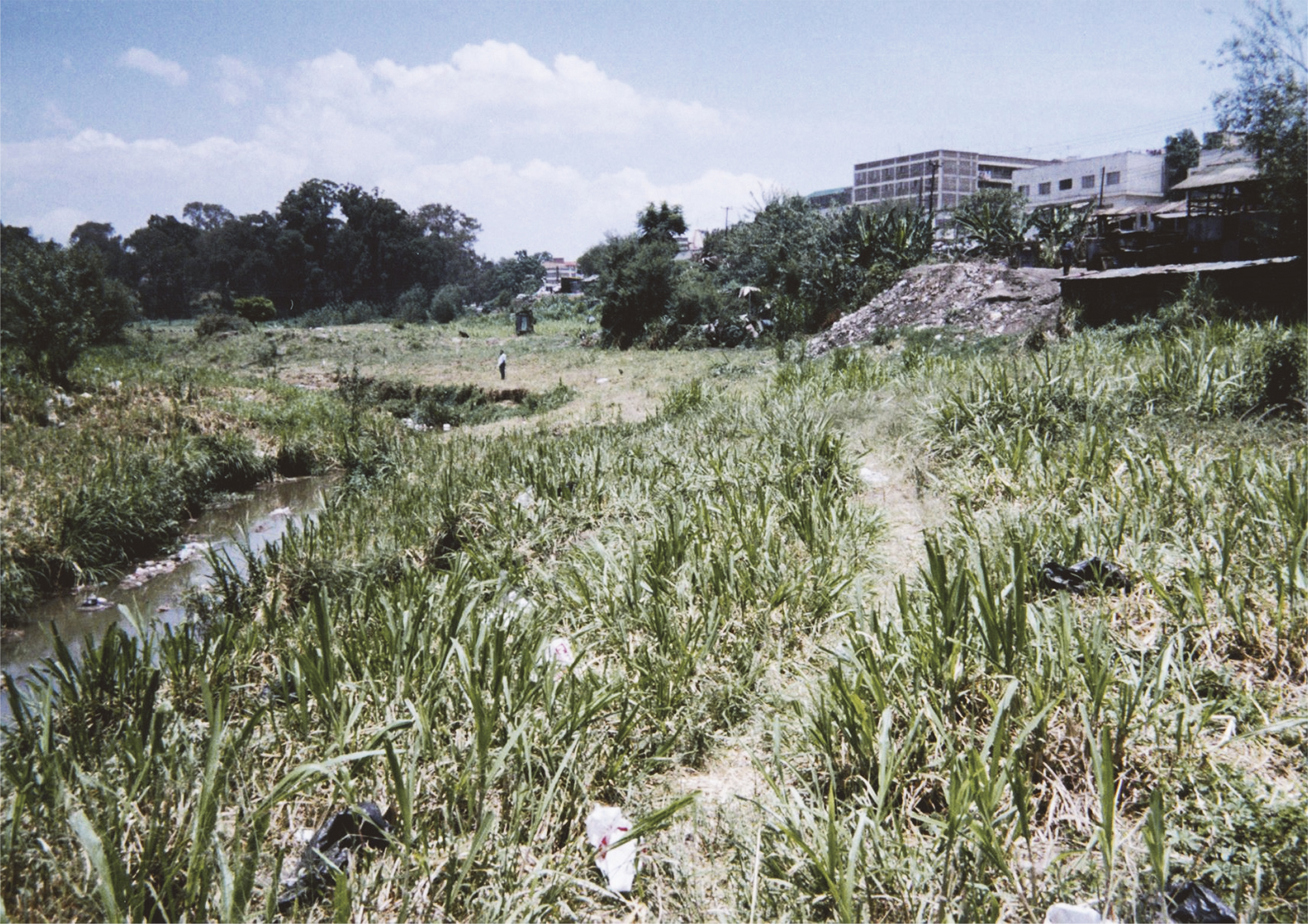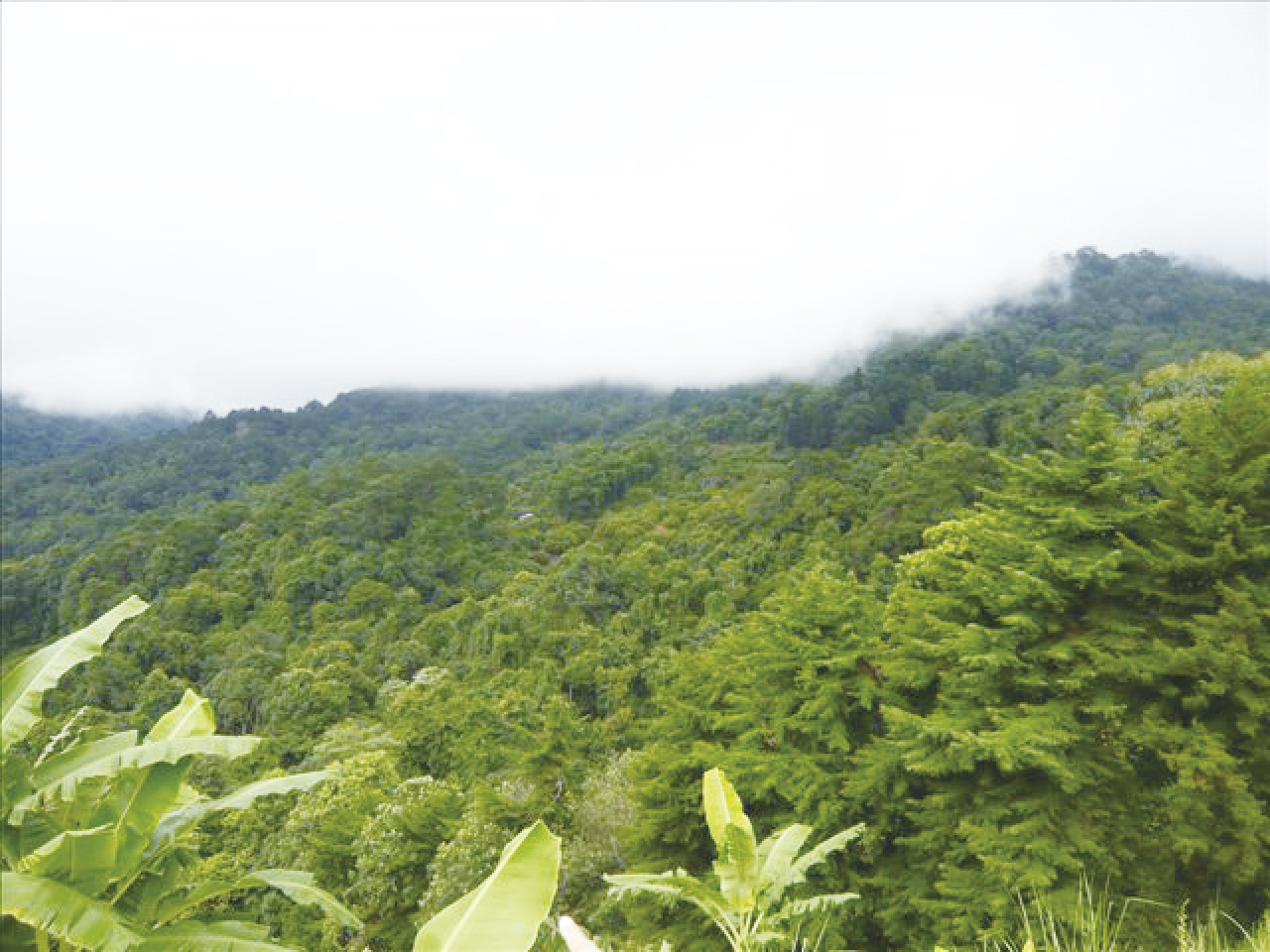
Global Environmental Culture Program
Towards a Global Environmental Culture by Articulating Science with Indigenous Knowledge
Program outline
How should we deal with global environmental problems and what steps should we take to solve them? This program combines research that approaches this question from the perspective of changes in culture and values. We need to recognize what types of problems are emerging as global environmental issues. To achieve this goal, we need to analyze enormous amounts of complex data through collaborations in various fields of natural and social sciences to visualize actual crises. Through these studies, we can gain awareness of environmental crises and share our perceptions of them. Using science to visualize, become aware of and share information on crises, we can prepare to solve global environmental problems.
However, this is not the ultimate goal of this program. We need to identify how we as a society can change our behaviors and values in response to this shared perception of global environmental crises.
We are exploring how the perspective of culture can be incorporated into the concept of global environmental issues to build a sustainable society. The cultural perspective should not be discussed in terms of global or national levels, but as something more familiar and relatable. This implies prioritizing the cohesiveness of the people who actually live together and emphasizing values of better living. The cultural perspective also includes values that differ from scientific knowledge. Rather than correcting, praising, or approving these values, we need to develop a convivial atmosphere (wherein different things are connected using each other’s characteristics) and creative perspective that is mutually transformative. This program integrates research projects that create such perspectives.


Project List
FS List
- Sustainable Ecosystem Approach for the Healthy Society(OKABE Kimiko)
- Food Life History of Cold Storage of the North Using Natural Freezing Energy –History, Transformation, and Future Vision of Food Preservation Under the Influence of Global Shift–(SAITO Kazuyuki)
- Conversion from Traditional Knowledge to Future Collective Impact with the Fusion of Science and Arts: A Lesson from Resilient Communities with Global Environmental Changes(WATANABE Tsuyoshi)
- Building up Biomass Circulation System among City and Rural Area: Improving Urban Sanitation and Restoring Rural Livelihood Base(OYAMA Shuichi)
Member
Program Director
MATSUDA Motoji
Specially Appointed Professor, RIHN
Researchers at RIHN
HAMADA Takeshi(Researcher)
KARATSU Fukiko(Research Associate)

